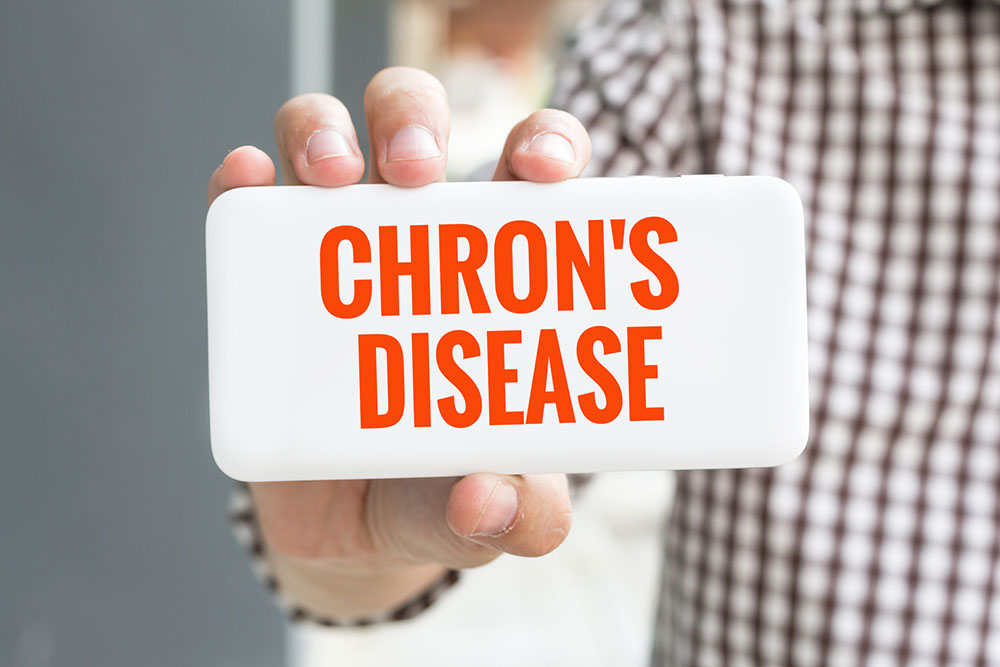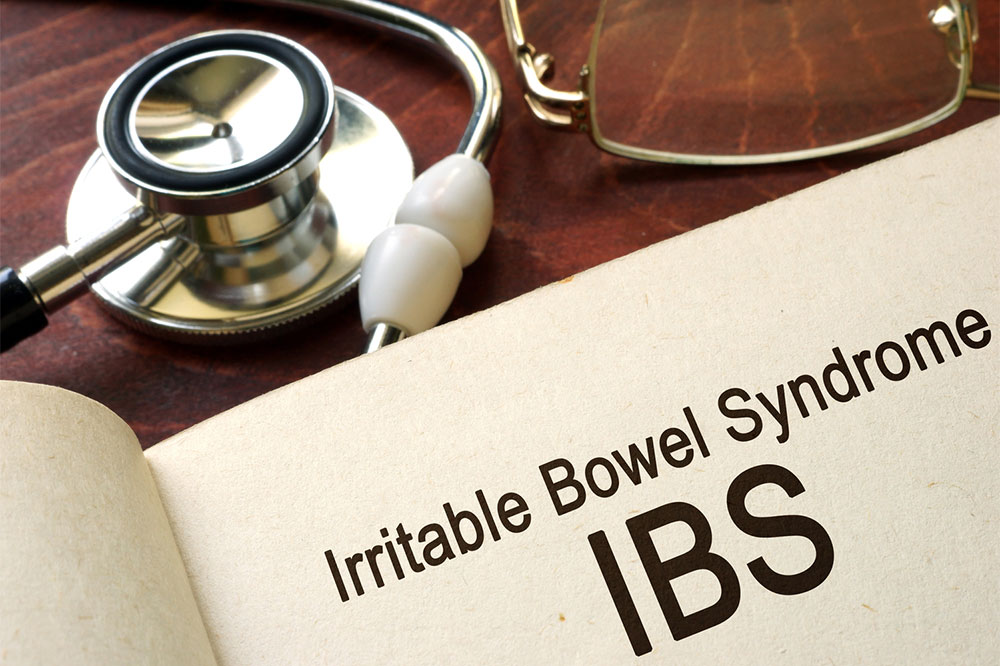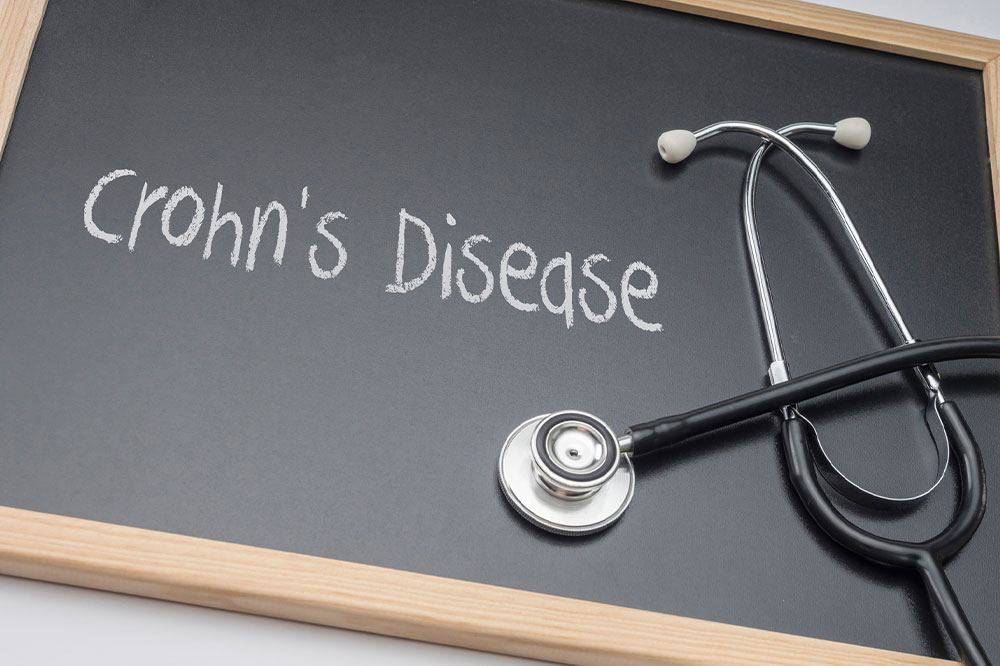Complete Knowledge Guide to Crohn’s Disease: Symptoms, Causes, and Management Strategies
This comprehensive guide provides in-depth information about Crohn’s disease, including its symptoms, causes, types, and management strategies. Learn how early diagnosis and personalized treatment can improve quality of life for those affected by this chronic inflammatory bowel condition. From lifestyle adjustments to medical options, get all the essential insights to understand and manage Crohn’s disease effectively.

Everything You Need to Know About Crohn’s Disease
Since its first identification in 1932 by Dr. Burrill B. Crohn and his colleagues, Crohn’s disease has been a significant concern within the realm of chronic gastrointestinal disorders. Today, millions of people worldwide grapple with this complex condition, which primarily affects the digestive tract by causing inflammation, pain, and other debilitating symptoms. Despite decades of research, the root causes of Crohn’s disease remain elusive, and there is currently no cure. However, understanding the disease’s mechanisms, symptoms, and treatment options is crucial for patients and healthcare providers alike, enabling effective management and improved quality of life.
What Exactly Is Crohn’s Disease? Crohn’s disease is a form of inflammatory bowel disease (IBD) characterized by ongoing inflammation that can impact any part of the gastrointestinal (GI) tract. While it predominantly involves the small intestine and the colon, it can potentially affect other sections of the digestive system, leading to a wide array of symptoms and complications. This inflammatory condition is marked by episodes of flare-ups followed by periods of remission, making it a challenging disorder to manage effectively.
Commonly, Crohn’s disease presents with symptoms such as fever, abdominal cramps, diarrhea, and bleeding from the rectum. These symptoms often lead to misconceptions, with many referring to it as the “bathroom disease” due to its prominent gastrointestinal symptoms. Understanding the different forms and presentations of Crohn’s disease can help in early diagnosis and targeted treatment.
Several distinct types of Crohn’s disease exist, each affecting different parts of the GI tract:
Crohn’s Colitis: This form involves inflammation confined to the large intestine or colon and accounts for approximately 30% of Crohn’s cases. Symptoms often include diarrhea, abdominal pain, and rectal bleeding.
Ileocolonic Crohn’s: Involving both the ileum (the last part of the small intestine) and the colon, this type makes up about 70% of cases. It’s characterized by more widespread inflammation causing intense abdominal discomfort, diarrhea, weight loss, and nutritional deficiencies.
What Causes Crohn’s Disease?
Even though scientists have yet to pinpoint a definitive cause, several factors are believed to contribute to the development of Crohn’s disease. These include genetic predisposition, immune system dysregulation, environmental influences, and lifestyle factors:
Genetic Factors: Family history plays a notable role, with roughly 20% of individuals with Crohn’s having a close relative affected by the condition. Specific genetic mutations are linked to increased susceptibility.
Immune System Abnormalities: The body’s immune response to intestinal bacteria may malfunction, leading to chronic inflammation and tissue damage.
Environmental Triggers: Factors such as smoking, dietary habits, stress, and exposure to pollutants are associated with an increased risk of developing Crohn’s disease.
Microbial Factors: An imbalance in gut microbiota, including pathogenic bacteria or fungi, may trigger or exacerbate inflammation.
Recognizing the Symptoms of Crohn’s Disease
Diagnosing Crohn’s disease early can be complicated because its initial symptoms often mimic those of other gastrointestinal issues like food poisoning and irritable bowel syndrome (IBS). Key early signs include:
Loss of appetite and unexplained weight loss
Persistent diarrhea and urgent bowel movements
Abdominal cramps and pain, often localized
Blood or mucus in the stool
Fatigue and overall weakness
Fever, especially during flare-ups
If the disease progresses without adequate treatment, symptoms can become more severe and lead to complications such as:
Formation of ulcers throughout the GI tract, including the mouth and intestines
Anemia resulting from blood loss
Joint pain and inflammation, known as extraintestinal manifestations
Development of fistulas—abnormal connections between the intestine and other organs, especially near the anal region—leading to stool leakage and infections
Various factors, like smoking status, age at diagnosis, disease duration, and the severity of rectal involvement, influence symptom intensity and disease progression. Moreover, Crohn’s disease compromises immune defenses, increasing susceptibility to infections caused by bacteria, fungi, and yeasts like Candida, further complicating patient health.
How Does Crohn’s Disease Differ From IBS?
The confusion between Crohn’s disease and irritable bowel syndrome (IBS) is common. However, there are significant differences: Crohn’s causes actual tissue damage and inflammation capable of affecting any part of the GI tract, whereas IBS is a functional disorder that doesn’t cause tissue damage and is limited to the large bowel. Symptoms in Crohn’s tend to be more severe, including persistent pain, weight loss, and systemic symptoms such as fever and fatigue.
Effective Management and Treatment Options for Crohn’s Disease
While there is no cure for Crohn’s disease, various treatment strategies aim to control symptoms, reduce inflammation, and prevent complications. Each treatment plan is tailored to the individual, considering disease severity, location, and overall health. These approaches include:
Medications: Anti-inflammatory drugs such as aminosalicylates and corticosteroids are commonly prescribed to reduce inflammation quickly. Immunosuppressants and biologic therapies targeting specific immune pathways can help maintain remission. Antibiotics may be used to treat secondary infections caused by bacterial overgrowth or fistula formation.
Surgical Interventions: In cases where medication fails to control the disease or complications such as strictures or perforations occur, surgery becomes essential. Procedures may involve removing damaged sections of the intestine, draining abscesses, or repairing fistulas.
Lifestyle and Dietary Modifications: Managing Crohn’s disease effectively often requires comprehensive lifestyle adjustments, including:
Reducing or eliminating dairy products that can exacerbate symptoms like cramps and diarrhea
Limiting high-fiber foods during flare-ups to reduce bowel irritation
Lowering dietary fat intake to ease digestion if fat absorption is impaired
Staying well-hydrated by increasing water intake
Beyond diet, stress management plays a vital role—techniques like mindfulness, meditation, adequate sleep, and gentle exercise can help minimize flare-ups. Early detection through regular medical checkups and personalized treatment plans can significantly improve outcomes and prevent serious complications. Ongoing advances in medical research continue to provide hope for better management options and potential future cures for Crohn’s disease.





